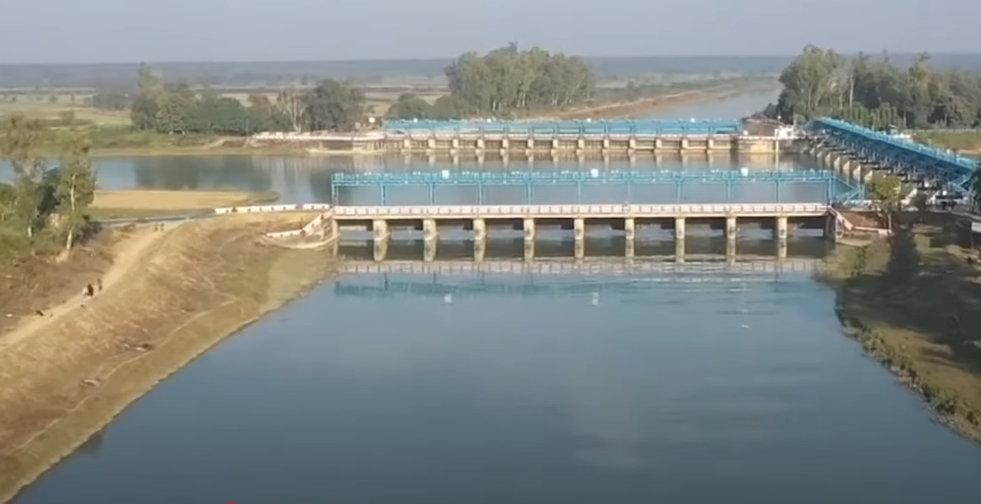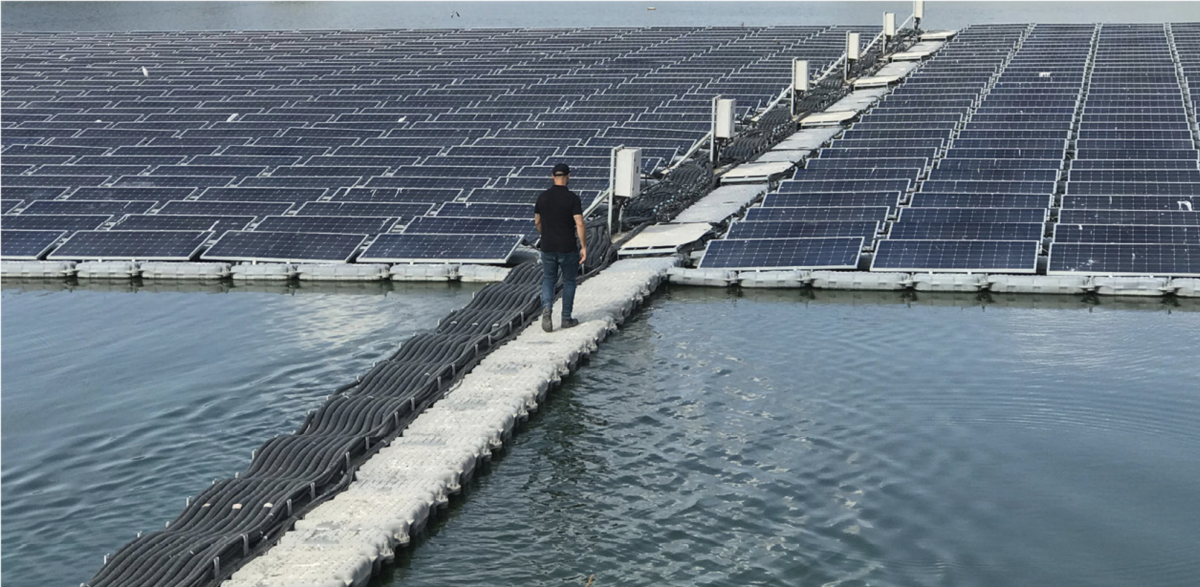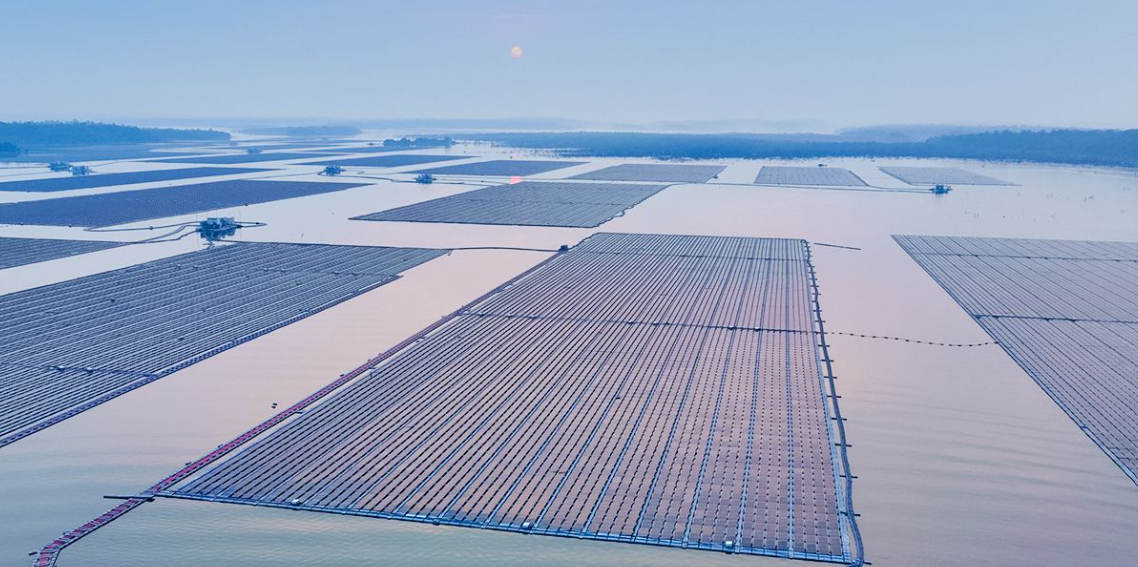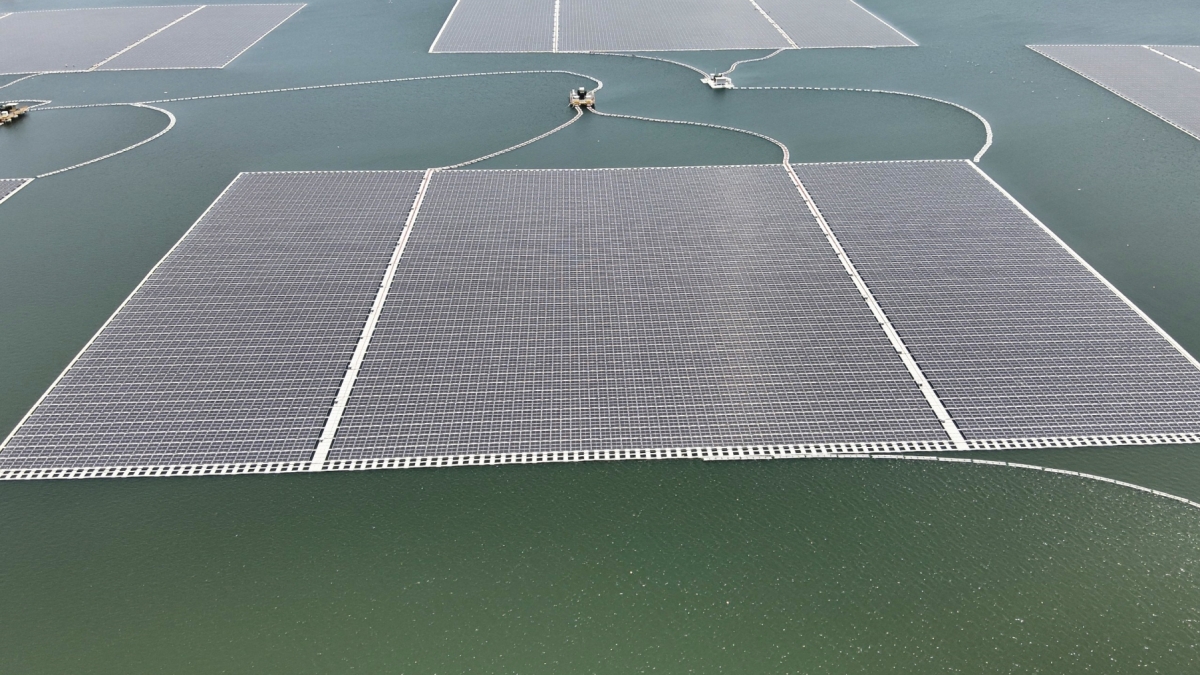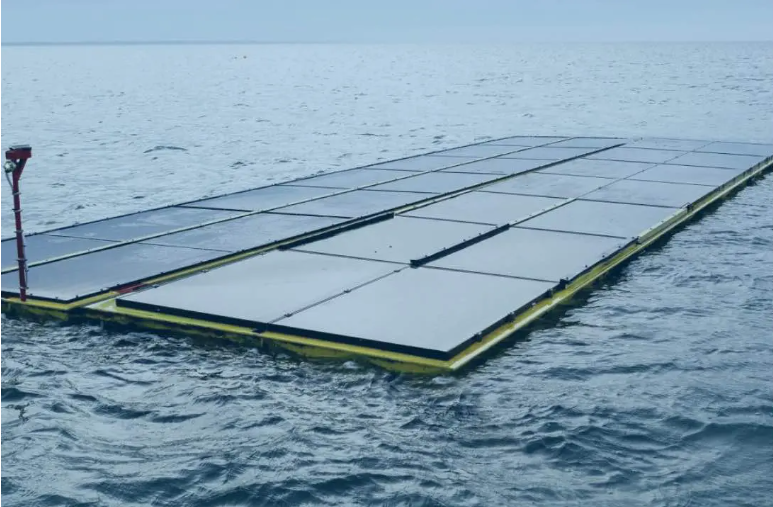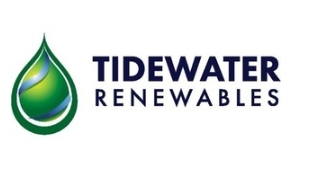
For the full year, the HDRD complex averaged 2,643 barrels per day, maintaining an 88% utilization rate due to enhanced throughput and reliability. Since starting operations in November 2023, the facility has produced and sold over 170 million liters (44.91 million gallons) of renewable diesel in British Columbia. Tidewater is advancing plans for a 6,500-barrel-per-day SAF expansion at the same site, with front-end engineering design progressing steadily toward a decision in the second half of 2025.
Financially, Tidewater reported a Q4 net loss of $3.4 million, an improvement from $12.7 million in Q4 2023, though adjusted EBITDA dropped 44% to $6 million. For 2024 overall, the net loss reached $357.8 million, compared to $41 million in 2023, while adjusted EBITDA rose 62% to $74.5 million. During the Q4 earnings call, company leaders addressed efforts to strengthen Canada’s renewable diesel market, including a late-2024 complaint filed with the Canada Border Services Agency (CBSA) alleging unfair U.S. imports. On March 6, CBSA launched investigations into potential dumping and subsidizing of U.S. renewable diesel.
Tidewater also endorsed British Columbia’s recent updates to its Low Carbon Fuels Standard, requiring eligible renewable fuels to be Canadian-made and increasing diesel’s renewable content. A week after the earnings release, on April 1, a minor fire occurred at the HDRD complex. Tidewater reported no injuries and minimal damage, with further details pending.
The Prince George biorefinery’s strong performance and the SAF project’s progress highlight Tidewater’s role in advancing renewable energy. The company’s push for fair market conditions and support for local production align with its goal to expand capacity and meet growing demand sustainably.
